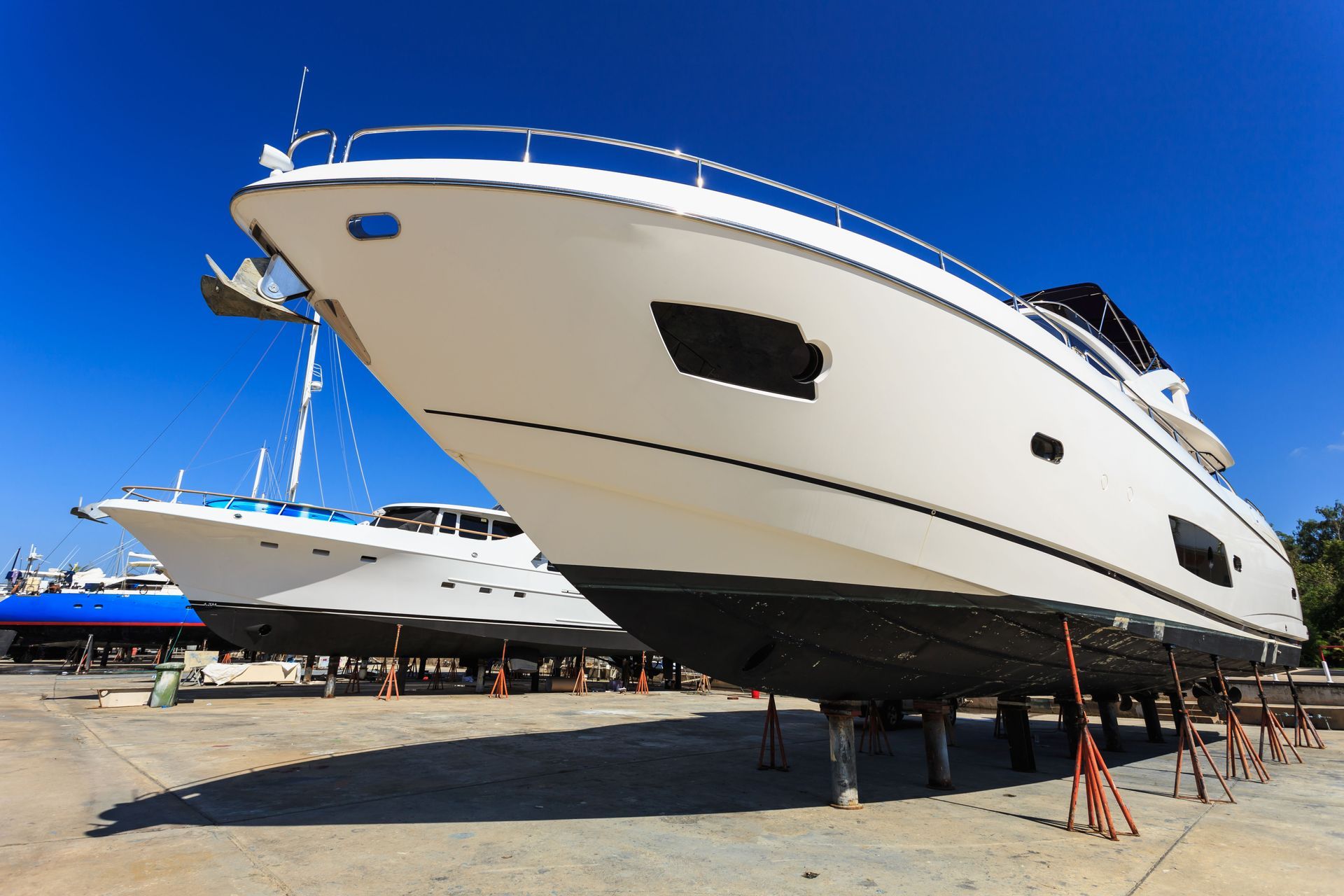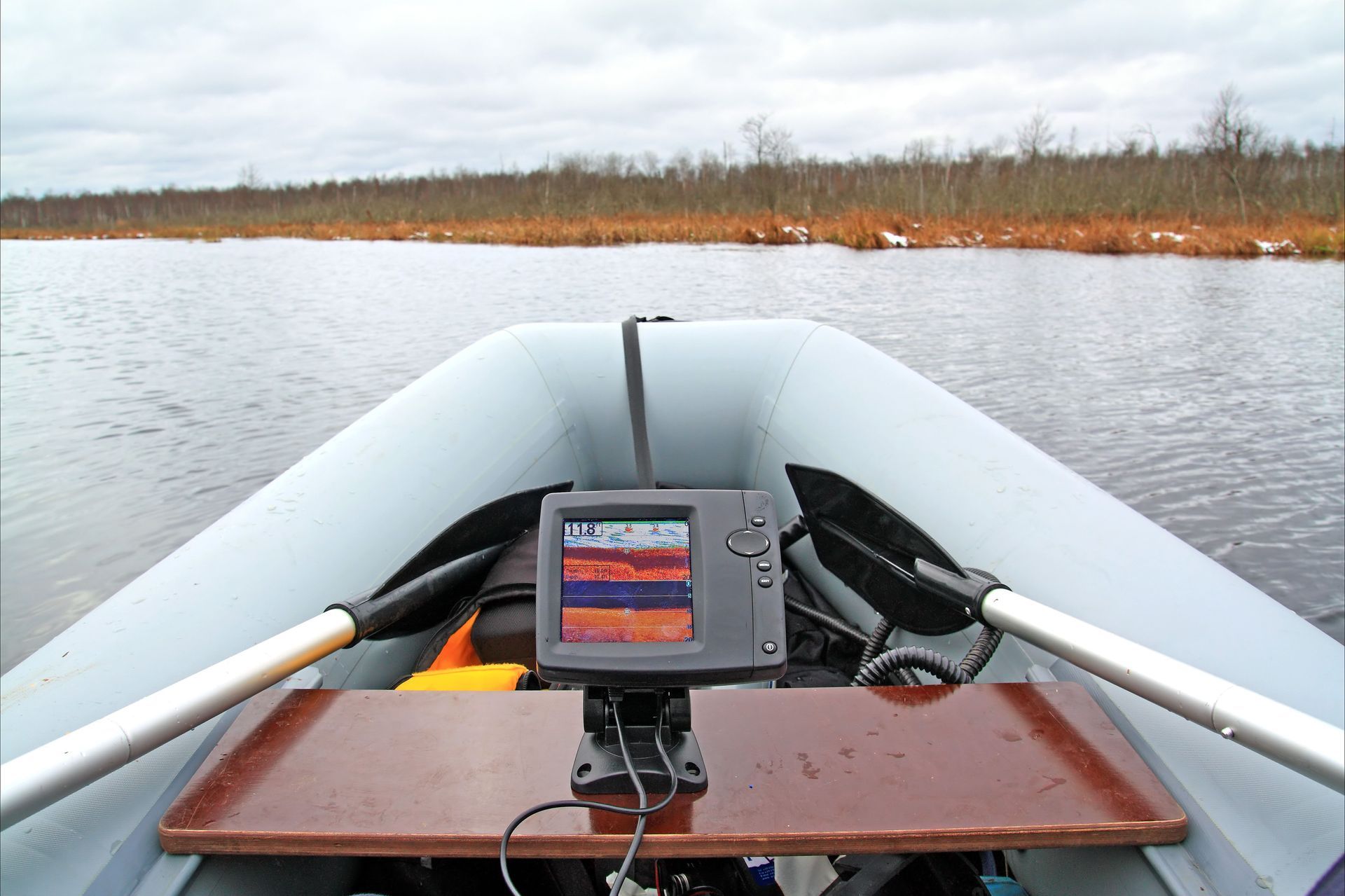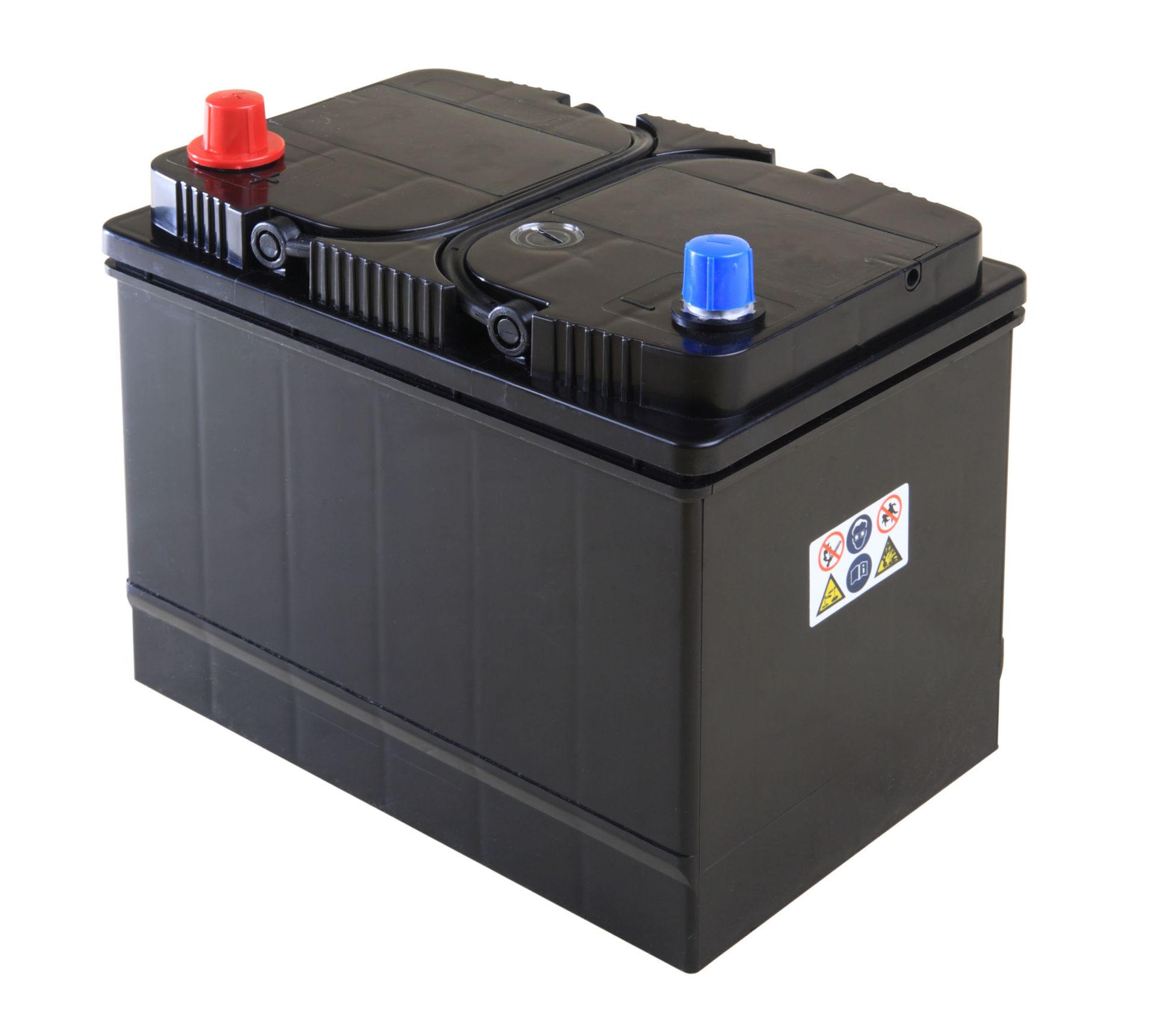Dual-Purpose vs. Deep-Cycle Marine Batteries: Which Is Right for Your Boat?
Highlights:
- Dual-purpose batteries combine starting power with deep-cycle capability.
- Deep-cycle batteries excel in long-lasting, steady energy supply.
- Battery choice depends on boat size, usage patterns, and conditions.
- Factors like lifespan, durability, and cost influence final decisions.
- Jefferson Battery Co Inc offers trusted marine battery solutions in Baton Rouge, LA.
Navigating the waters of marine battery options can feel overwhelming. You want reliable power, but how do you decide between dual-purpose and deep-cycle marine batteries? This choice impacts your boating experience more than you might think. Understanding the differences between these battery types can make all the difference in your marine adventures. In this guide, you'll discover the key factors in choosing marine batteries and which option best suits your needs. Ready to power up your boat with confidence? Let's dive in.
Understanding Marine Battery Types
Before comparing, it's crucial to understand the primary categories of marine batteries. Starting batteries provide short bursts of high energy to crank engines but are not built for long discharge cycles. Deep-cycle batteries deliver steady energy for extended periods, ideal for electronics and trolling motors. Dual-purpose batteries attempt to merge both functions in one, serving as a hybrid solution. Each option carries unique advantages and trade-offs, meaning your decision should be based on your boating habits, available space, and budget. Recognizing these basics sets the stage for making the right choice.
What Are Dual-Purpose Marine Batteries?
Dual-purpose marine batteries are designed for versatility, offering cranking power for starting your engine and deep-cycle capability to support electronics. This convenience means one battery can handle both demands, especially helpful for smaller boats with limited space. Their design offers balance but does not specialize, meaning performance may fall short in extreme conditions compared to batteries built for single functions. Still, many boaters prefer them because of their simplicity, especially when minimizing maintenance and installation challenges. For casual boaters, dual-purpose batteries represent a practical and cost-effective option.
Exploring Deep-Cycle Marine Batteries
Deep-cycle marine batteries shine in providing long-lasting, steady power. They are built to withstand multiple discharges and recharges without deteriorating quickly. This durability makes them the top choice for trolling motors, GPS systems, radios, and fish finders. With types like flooded lead-acid, gel, and AGM available, boaters can choose based on their preferences for cost, performance, and maintenance levels. AGM batteries, in particular, are known for their vibration resistance and spill-proof design. For those who spend extended periods offshore, deep-cycle batteries ensure the confidence of uninterrupted power throughout every trip.
FAQ: Marine Battery Basics
What is the biggest advantage of a dual-purpose battery?
Convenience, since it handles both starting and deep-cycle functions.
Can I use a car battery as a marine battery?
It's not recommended, as car batteries are not designed for deep discharges or marine conditions.
How often should I replace my marine battery?
On average every 3-5 years, depending on type, usage, and maintenance.
Performance in Different Conditions
Marine batteries endure vibration, moisture, and temperature extremes, so performance in these conditions matters. Dual-purpose batteries generally handle moderate demands well but may lose efficiency in harsher climates. Deep-cycle batteries, especially AGM types, maintain consistent performance under stress and have a higher tolerance for deep discharges. Their sealed construction also prevents spills, which is beneficial when boats rock in rough waters. Flooded batteries, while affordable, require more upkeep and careful handling. Ultimately, if your boating involves frequent rough seas or hot conditions, investing in a durable deep-cycle battery offers better long-term reliability.
Lifespan and Durability
Battery longevity is another crucial factor in your decision. Dual-purpose batteries tend to have shorter lifespans because of the strain caused by both starting and deep-discharge uses. High-quality deep-cycle batteries, by contrast, are built to handle repeated discharges, which extends their useful life. Maintenance also influences durability. Flooded lead-acid models demand routine care (like watering and equalization), while sealed AGM and gel types need far less upkeep. According to the Department of Energy, lead-acid batteries generally endure 500-1,000 cycles at moderate depth of discharge before significant capacity loss. Factoring in durability ensures you choose a battery that performs reliably for years.
Cost and Value Considerations
Looking beyond upfront costs helps determine long-term value. Dual-purpose batteries are typically less expensive initially, making them appealing for budget-conscious buyers. However, their shorter lifespans may require earlier replacement. Deep-cycle batteries come at a higher initial price, but their durability and extended cycles often result in cost savings over time. Maintenance-free AGM batteries, for instance, demand minimal upkeep and provide consistent reliability. According to Dockwa, overall annual maintenance (including batteries, engines, electronics, etc.) for a boat should generally not exceed 10% of the boat's value. Balancing price, performance, and longevity helps maximize your investment.
FAQ: Battery Maintenance and Costs
Are maintenance-free batteries worth the extra cost?
Yes, many boaters find the convenience and reliability offset higher upfront prices.
How do I store my marine battery during the off-season?
Keep it charged, disconnected, and stored in a cool, dry place.
Which is cheaper in the long run: dual-purpose or deep-cycle?
Deep-cycle often lasts longer, making them more cost-effective despite higher upfront costs.
Factors to Consider for Your Boat
Selecting the right battery begins with evaluating boat size, onboard electronics, and trip length. Small boats with limited electrical demand may function well with dual-purpose batteries. For larger vessels or electronics-heavy setups, deep-cycle batteries provide better stability. Climate also matters; batteries in Baton Rouge, LA, must withstand heat and humidity. Usage frequency is another deciding factor. Casual weekend boaters may not need the same power as those who venture offshore for days. Ultimately, aligning battery choice with your boating lifestyle ensures your vessel performs consistently and safely during every trip.
Marine Battery Comparison Tips
A structured approach simplifies choosing the right battery. Begin by listing the electronics you plan to power, including trolling motors, navigation systems, and radios. Compare specifications like reserve capacity, amp-hours, and cycle life to gauge performance. According to the International Energy Agency (IEA), global investment in battery storage alone is expected to rise to about $66 billion in 2025, reflecting rapidly growing variety and innovation in battery systems. This means boaters today have more advanced, durable options than ever before. Finally, check warranties and user reviews, especially from boaters with similar vessels, to make a practical, informed decision.
FAQ: Battery Maintenance and Costs
Can I mix different battery types on the same boat?
It's possible, but experts recommend using similar types for consistent performance.
What is the most reliable marine battery type?
AGM deep-cycle batteries are often considered the most dependable for long-term use.
Should I invest in a dual-battery setup?
Yes, if your boat has high demands, separate starting and deep-cycle batteries can maximize reliability.
Choosing between dual-purpose and deep-cycle marine batteries requires balancing performance, durability, and cost. Dual-purpose models provide convenience for smaller setups, while deep-cycle options deliver steady, reliable power for electronics-heavy boats. Considering factors such as climate, trip length, and maintenance preferences ensures the right fit. By understanding the strengths and limitations of each type, boaters can make informed decisions that support safe and enjoyable time on the water. With resources like Jefferson Battery Co Inc in Baton Rouge, LA, you'll have expert help in selecting the marine battery that powers your journey with confidence.










Share On: